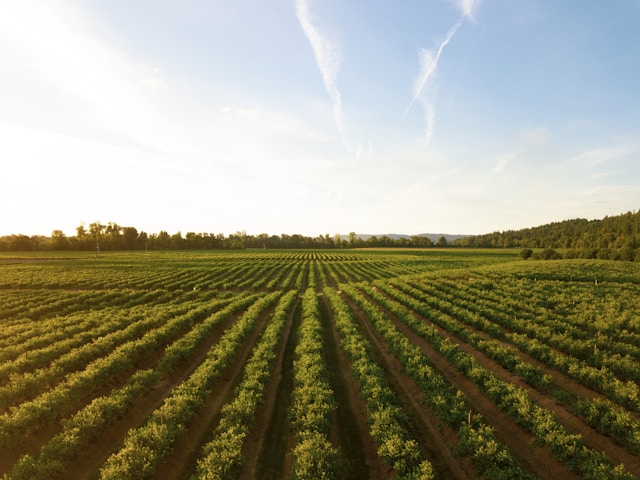
Hey there! Have you ever wondered how farmers manage to grow food more efficiently these days? Well, let me introduce you to the fascinating world of precision farming and its significant role in modern farm management.
Picture this: a farmer equipped with advanced technology, using data analytics, GPS, and drones to monitor crops and make decisions. That’s precision farming in action!
So, what exactly is precision farming? Simply put, it's a farming approach that uses technology to optimize crop production. It involves collecting data about the soil, weather, and crop health to make informed decisions about planting, fertilizing, and harvesting.
Now, let’s dive into how precision farming is transforming agriculture:
-
Increased Efficiency: Precision farming allows farmers to precisely apply resources like water, fertility, and pesticides only where they are needed. This reduces waste and maximizes resource use, leading to higher yields and lower production costs.
-
Smart Planting and Irrigation: With the help of GPS technology and soil sensors, farmers can create precise planting maps and irrigation schedules. This ensures that each plant receives the right amount of water and nuts, resulting in healthier crops and better yields.
-
Data-Driven Decisions: Data is king in precision farming. Farmers collect vast amounts of data from various sources, such as satellite imagery, weather stations, and sensors. By analyzing this data, they can identify trends, predict crop diseases, and optimize farming practices for better results.
-
Remote Monitoring: Drones and satellite image have revolutionized the way farmers monitor their fields. Instead of physically inspecting every acre, farmers can now use drones to fly over their fields and spot potential issues like pest infestations or irrigation problems. This saves time and allows for quicker responses to emerging threats.
-
Environmental Sustainability: Precision farming promotes sustainable agricultural practices by reducing chemical usage, minimizing soil erosion, and conserving water. By using resources more efficiently, farmers can minimize their environmental impact while still meeting the growing demand for food.
-
Empowering Farmers: Precision farming puts more control in the hands of farmers. With access to real-time data and advanced technology, farmers can make informed decisions and adapt to changing conditions more effectively. This empowers them to manage their farms more efficiently and sustainably.
-
Future Opportunities: As technology continues to advance, the possibilities for precision farming are endless. From automated machinery to AI-powered decision-making systems, the future of agriculture looks promising. Precision farming is not just a trend; it's a fundamental shift in how we approach farming and food production.
In conclusion, precision farming is revolutionizing agriculture by leveraging technology to optimize production, reduce waste, and promote sustainability. By embracing precision farming practices, farmers can increase efficiency, improve crop yields, and ensure food security for future generations. So, the next time you bite into a delicious piece of fruit or enjoy a fresh salad, remember the role that precision farming plays in bringing that food to your table.

